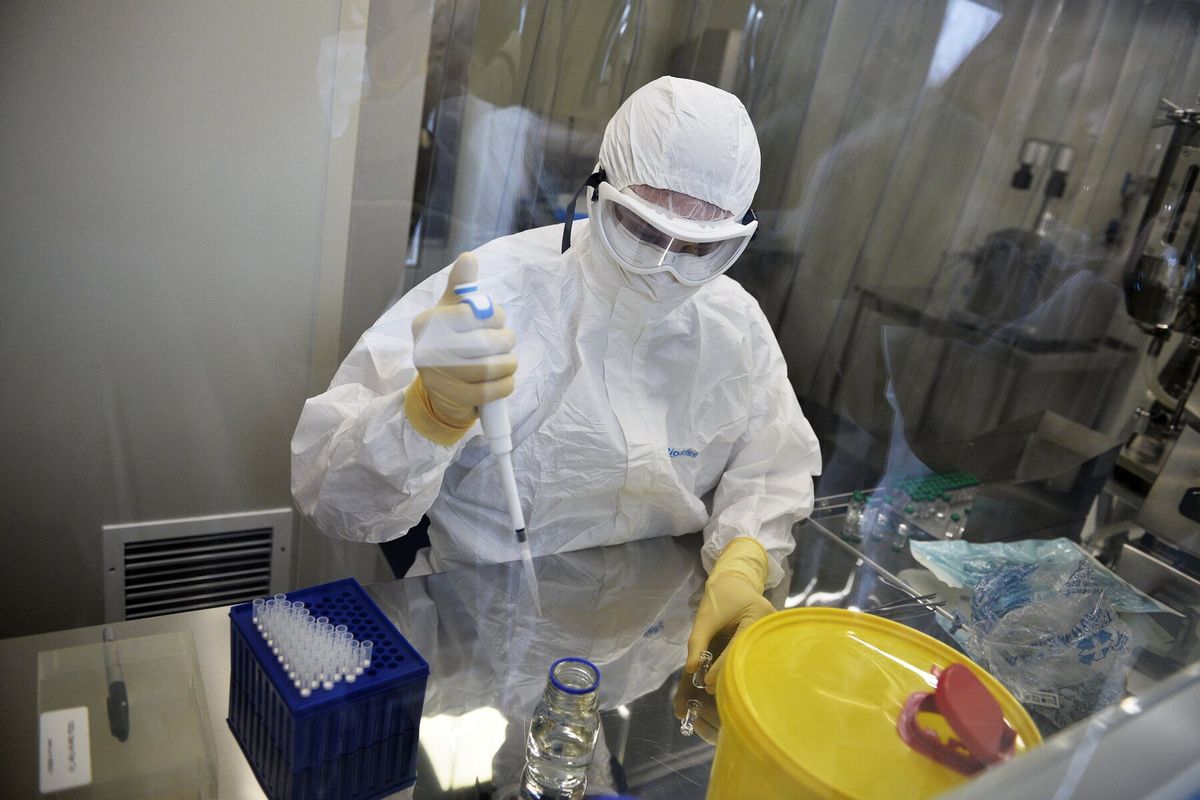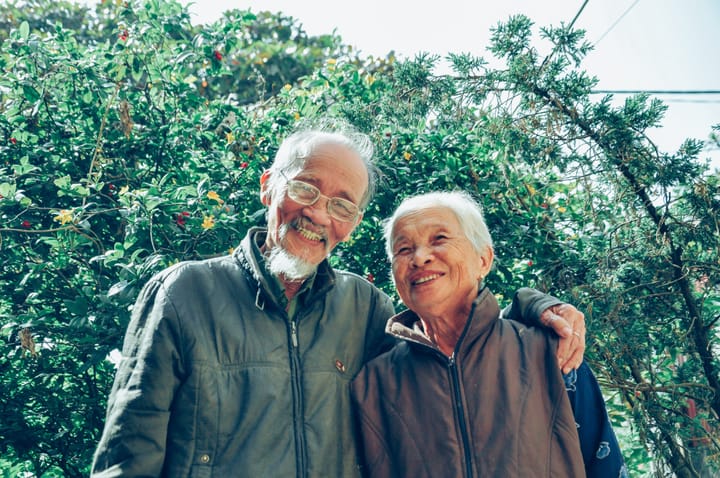Mass production of coronavirus vaccine due to start in India and Russia

A few minutes every morning is all you need.
Stay up to date on the world's Headlines and Human Stories. It's fun, it's factual, it's fluff-free.
As the coronavirus pandemic continues to spread globally, two countries – Russia and India – have announced that they will begin mass producing vaccines in advance to prepare stockpiles that can be distributed as soon as trials finish successfully.
While efforts to perfect and test vaccine formulas take time, so do manufacturing processes. Live virus cultures take weeks to grow inside bioreactors and millions of vials have to be carefully cleaned, filled, sealed and packaged.
The coronavirus pandemic has so far infected 18 million people worldwide and claimed over 690,000 lives. It has reappeared in countries that were believed to have almost eradicated it within their borders and has plunged the world into a global recession.
The World Health Organization (WHO) maintains a comprehensive report on ongoing vaccine development trials. According to an update on July 31, 26 vaccine candidates are in the clinical evaluation stage and 139 are in the preclinical evaluation stage.
Although none of these vaccines have completed clinical trials or have been definitively proven to be effective in quelling the virus, companies in India and Russia have taken a leap of faith in preparing mass quantities of the most promising vaccine candidates.
India
On Monday, the Serum Institute in India was cleared by the Drugs Controller General of India (DCGI) to begin Phase II and III human trials for the Oxford-AstraZeneca vaccine.
The Oxford-AstraZeneca vaccine is currently in either phase II or III human trials in multiple countries including the United Kingdom, Brazil and South Africa. Data released on July 20 in the British medical journal The Lancet revealed promising results that showed that the vaccine triggered a rapid onset of immune responses in humans.
The Serum Institute has partnered with AstraZeneca to manufacture the vaccine and has vowed to manufacture a billion doses of the vaccine after clearance from regulatory authorities.
The chief executive officer of The Serum Institute, Adar Poonawalla, committed to starting production of the vaccine in August – even as clinical trials are still ongoing – in an effort to prepare a readily available stockpile for the vaccine if it is deemed successful.
“Our manufacturing facility is ready and we plan to start production in two months,” he said in June. “We are spending more than USD 100 million for this facility. Till the trials are completed successfully for safety and efficacy, vaccines will not be distributed either in India or anywhere else in the world.
“Having said that we will start making a few millions of doses and stockpiling it at personal risk,” Poonawalla added, indicating the company’s plans to proceed with the manufacturing process.
Clinical trials for the Oxford-AstraZeneca vaccine, dubbed “Covishield,” are due to finish in September.
Russia
Russian officials have also announced plans to launch a nationwide vaccination campaign as early as October with a vaccine developed by the Gamaleya National Research Center for Epidemiology and Microbiology.
On Saturday, the Russian Minister of Health, Mikhail Murashko, said that vaccination will begin with teachers and health care workers. Speaking to the RIA state news agency, Murashko said that developers are already seeking regulatory approval for the vaccine.
According to the RIA report, the Gamaleya Center joined forces with the Ministry of Defense to conduct clinical trials of their vaccine at the N.N. Burdenko military hospital. The report states that they found that a group of 20 volunteers produced an immune response against the coronavirus and experienced no side effects or complications.
Kirill Dmitriev, a senior official with the Russia Direct Investment Fund, said that Phase III trials of the vaccine are due to commence in early August and that regulatory approval is expected to follow shortly after.
However, the lack of international transparency around the development of this Russian vaccine has given way to international concern over the validity and methods of these trials.
“I do hope that the Chinese and the Russians are actually testing the vaccine before they are administering the vaccine to anyone,” said Dr. Anthony Fauci, director of the United States National Institute of Allergy and Infectious Diseases.
Skeptics have also expressed worry that Russia is using the race toward a coronavirus vaccine as a propaganda tool, with state television reporting that Russia is leading the global competition despite a lack of published scientific evidence.
A Russian government report also claimed that a Russian researcher became the first person in the world to be vaccinated against the virus in May when he injected himself with a vaccine during the development process.
Despite this, the WHO report on ongoing vaccine trials does not include any Russian Phase III trials.
Russia’s alleged success in creating a vaccine comes amid recent accusations from the United States, Canada and United Kingdom of attempts from Russian hackers to steal vaccine research.
Russian officials have vehemently denied the accusations and attest that their vaccine is based on a design from years ago that was originally meant to counter the Ebola outbreak.
Have a tip or story? Get in touch with our reporters at tips@themilsource.com




Comments ()